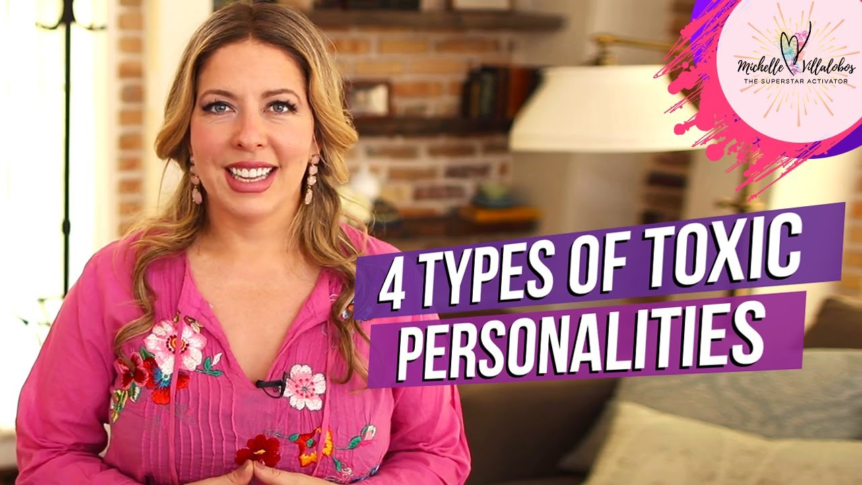Now more than ever, with so much change and uncertainty, being emotionally healthy is critical. If you want to develop a healthier emotional baseline, here are some simple awarenesses and practices to try incorporating into your life.
Watch the video to get the full content on this topic, or keep reading for the highlights.
Before we look at what it takes to be emotionally healthy, let's take a quick peek at what it looks like to be emotionally unhealthy. Here are 4 unhealthy habits, or ways of being, and then on the flip side, I’ll share the healthier alternatives.
The first habit that's unhealthy is avoiding or distracting ourselves from what we’re feeling. This can be unhealthy because it takes our attention away from things that may really need to be addressed. For example is if we consistently avoid a severe pain in our body, we'll likely to end up sick. Similarly, if we consistently avoid or distract from dealing with problems in our relationships, then our relationships are going to suffer.
When we avoid or distract — by staying busy, by drinking, eating, shopping, playing video games or any number of other fairly socially acceptable behaviors — all of which I myself have had a lot of experience with in my past! — we may numb the uncomfortable feelings for a while, but they’re still in there, and usually, eventually, create (way more!) problems down the line.
The opposite of avoiding and distracting is truth-telling, or facing the reality of a situation and addressing it, even if it’s uncomfortable or painful. By addressing these issues up front, we can start to process them and gain the lessons from them, which help us to evolve, grow and develop a more emotionally healthy and stable way of being.
The second unhealthy habit is blaming. People who have a habit of blaming, tend to place blame outside of themselves for all of the things that are “wrong” in their lives. They might say “you make me feel this way” or “you made me do this thing.”
The opposite of blame is taking responsibility. This looks like getting curious in every scenario and asking “Hmm, how can I own this?” Now, it might seem really odd for me to say that you should take responsibility in every situation, when clearly, there are things that are not our fault. But there’s a difference between “fault” and “responsibility.” Something may not be our fault, but how we deal with it is always our responsibility; blaming makes us the victim, while taking responsibility is empowering.
I'll give you a great example of someone who took a situation in which he could have easily been a victim, and turned it around: Rick Allen, the one-armed drummer from Def Leppard. He was at the height of his career, one of the top drummers in the world, then had an accident and lost an arm. Nobody would have blamed him if he had said, “I'm missing an arm. I can't be a drummer anymore.” But Rick Allen didn't do that. Instead he said… “How can I still be a drummer? How can I drum again?” Well, off he went and created a whole new drum set, a custom set designed to use his legs more, and went from being a “one-armed drummer” to a “three-limbed drummer.”
A third type of behavior and personality that's emotionally unhealthy is people pleasing. The people-pleaser always says “yes” to things, even when they don't want to, to gain the approval, affection or acceptance of others. The opposite of a people pleaser is a person who has clear yeses and nos, who has standards, and holds their boundaries firm.
The fourth unhealthy way of being is what I call the “Eeyore” type (as in the depressed donkey from Winnie the Poo). This type of person is always down, and low energy. The opposite of this type is someone who takes care of themselves and endeavors to be energy rich, rather than living in a low energy state. Everybody has bad days, and (per item #1), we don’t want to avoid or distract from our feelings, but it’s unhealthy to live in that state all the time.
In order to build up energy richness, we've got to pay attention to our physiology. That means prioritizing getting our needs met — “putting our oxygen mask on first,” AKA: self-care. To that end we've got to look at things like sleep and food and taking care of our body just as much as we take care of our career or a bank account or our minds.
***
If you're interested in developing a more emotionally healthy personality in service to a business or a mission or a vision that you want to achieve, then let’s connect!
Book a discovery call with me to explore if and how I might be able to support you in uplifting your business and your life.


